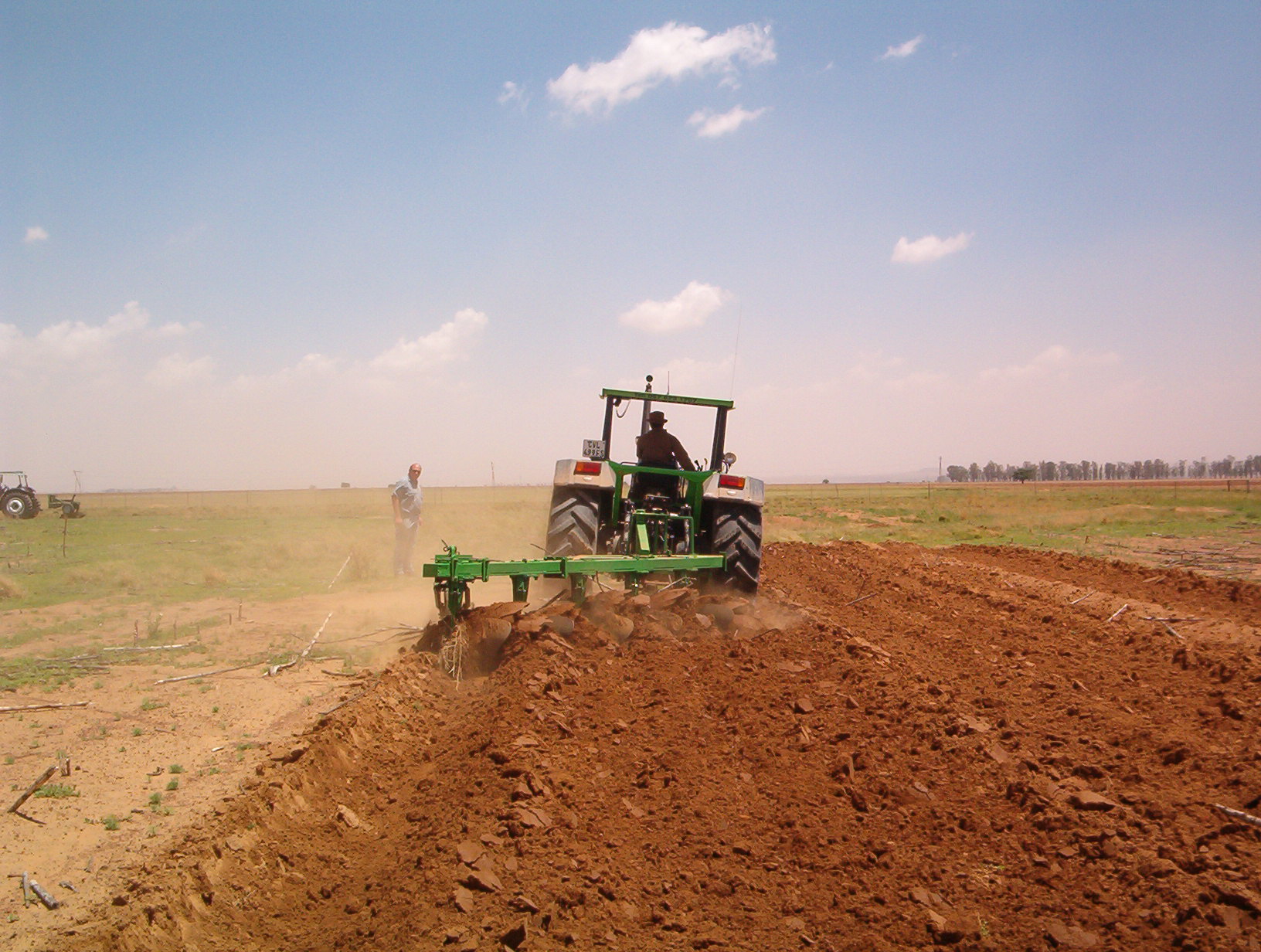
Improving food nutrition and security, soil health: The U.N. encourages modified farming systems
Ralph Flores

Global food production has been a significant issue for years. The Food and Agriculture Organization of the United Nations (FAO), in its “The future of food and agriculture – Trends and challenges” report for 2018, lists the challenges that face modern agriculture.
One of the challenges presented is the need to make food systems “more efficient, inclusive, and resilient” in order to cope with growing demand of the population. With this growth, low-income countries play catch-up, often using their farmland to meet food preferences of the global market, leaving them with little to no domestic food source and with products that are at times higher than what they can afford.
Additionally, the FAO report also pointed to our current practices as a challenge for agriculture. It highlighted the damages that our methods have done, including “land degradation, salinization of irrigated areas, over-extraction of groundwater, the build-up of pest resistance and the erosion of biodiversity.”
Experts believe that sustainable agriculture is needed to properly address these challenges. This would include the more efficient use of land, labor, and other inputs. In a separate report, this was discussed by the U.N. as a possibility to improve soil health and food nutrition. This would be particularly beneficial to regions where there are increased food security and nutrition issues such as Africa, South Asia, and the Caribbean, which have been plagued by low yields and poor nutritional value of the products.
2016 was declared as the International Year of Pulses by the U.N., putting the spotlight on legumes. In food, pulses are types of food which are harvested as seeds. These are known to be rich in protein and essential minerals. (Related: Eating Legumes Slashes Type 2 Diabetes Risk by 40 Percent, Research Shows.)
100% organic essential oil sets now available for your home and personal care, including Rosemary, Oregano, Eucalyptus, Tea Tree, Clary Sage and more, all 100% organic and laboratory tested for safety. A multitude of uses, from stress reduction to topical first aid. See the complete listing here, and help support this news site.
According to the report, the global demand for pulses have been increasing since 1961; however, this rate must be higher — given the nutritional value of pulses. The report explains: “An average per capita daily intake of 100-125 g of pulses to provide 25-30 g of protein would require an increase in global production of pulses (106 mg per year) from 70 in 2015 to 370 in 2030, 440 in 2050, and more than 500 in 2100. Therefore, the land area (106 ha) and agronomic yield (mg/ha) would have to be increased, respectively, from 85.6 and 0.70 in 2015 to 296 and 1.25 in 2030, 248 and 1.50 in 2050, and 238 and 2.15 in 2100.”
Additionally, adding legumes and pulses in the crop rotation cycle can enhance soil fertility and improve the productivity of cereals in the next cycle. This is especially important in restoring soil health in regions such as Africa, where the ratio of input for chemical fertilizers is about 15 kg per hectare of land for the whole continent. Planting pulses will improve the nitrogen content in soil, enhance soil organic carbon concentration, and improve soil health.
The results of both reports call for a break in traditional methods of planting and an exploration of more sustainable means for feeding the global population. This not only ensures that everyone has food on the dinner table but ensures that food is nutritious, affordable, and can be bought again tomorrow.
To learn more about food security and how it’s a global issue, go to FoodSupply.news today.
Sources include:
https://www.naturalnews.com/2018-10-01-improving-food-nutrition-and-security-soil-health-u-n-encourages-modified-farming-systems.html
